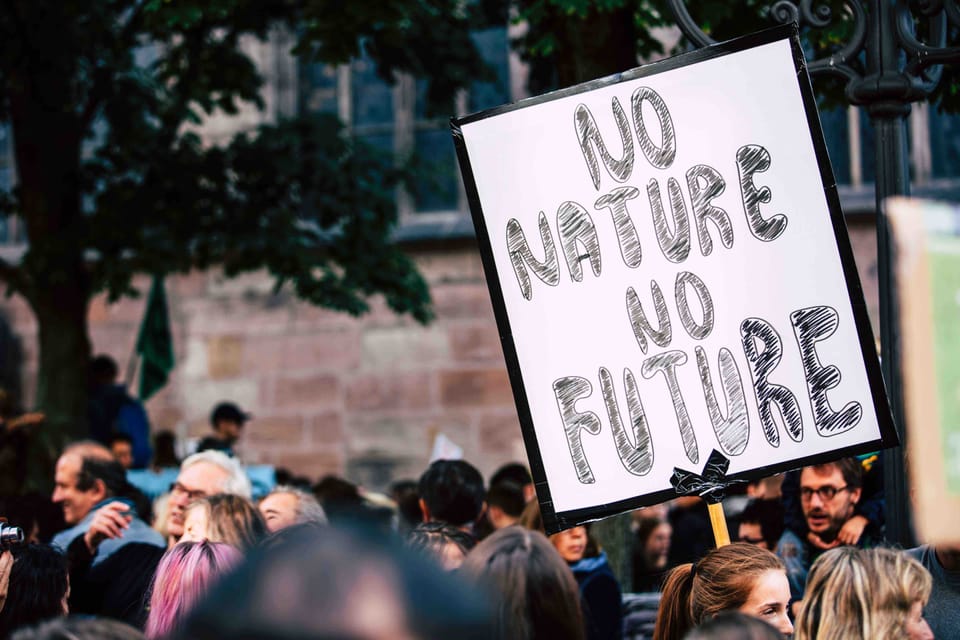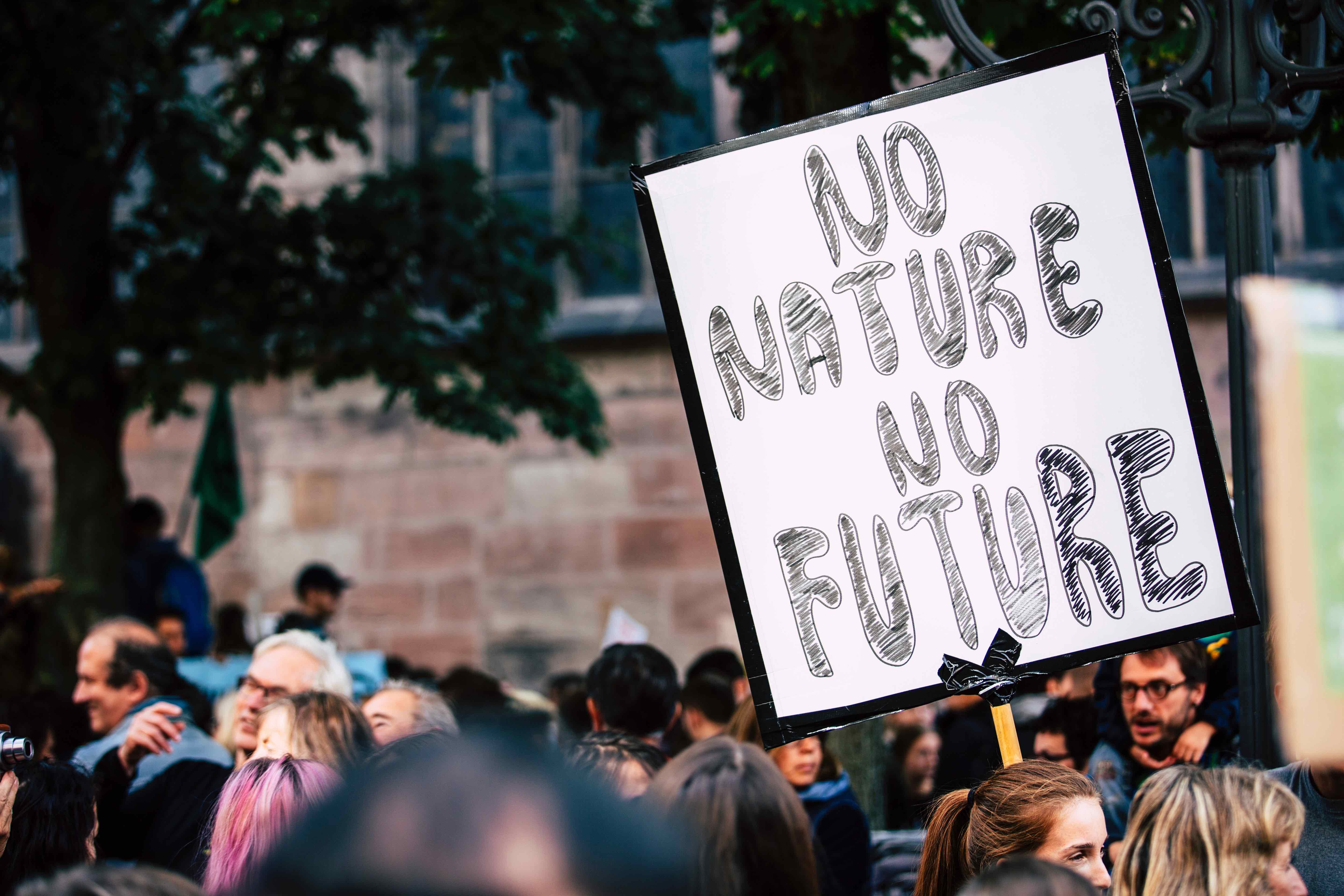When nature stops playing along

David Hume's problem of induction is one of the central puzzles of modern philosophy. It is the problem of explaining how it is possible rightfully to claim knowledge about things that are not immediately staring you (or your interlocutor) in the face. I think that what's happening to the natural world at the moment forces us to see Hume's philosophical puzzle in a different light.
Will the sun rise tomorrow?
The classic example is the knowledge that the sun will come up tomorrow. Most people, including myself, do claim to know this. But how can they, given that tomorrow hasn't yet begun? Sure enough, I've seen the sun come up today and the days prior to it. But I can't look into the future. To put it generally, how do people form beliefs about matters of fact that are, as Hume says, 'beyond the immediate impressions of our memory and senses'? (A Treatise of Human Nature, 1740, 89)
Hume's answer is that our knowledge of the future is based on the assumption that nature is uniform: if one thing and another have been regularly connected in experience, then this connection holds generally in nature. Every time a new day starts, the sun comes up.
That nature is uniform, Hume thought, was so obvious and natural that it needn't be questioned. If this is so, then the evidence I have about the sun will be enough to allow me to claim authoritatively that the sun will come up again.
Now, think about this for a minute. Perhaps you'll notice that a reliance on the idea that nature is uniform makes the argument circular. If it's really so obvious, then how do we know that nature is uniform? It seems we can once more base ourselves only on what we've seen so far. Yet the initial problem was precisely one of extrapolating such knowledge into the future. By pointing to the idea that nature is uniform, then, we don't seem to have solved the problem at all.[^1]
All this is well-trodden ground. Yet because of climate change, we now occupy a perspective on this puzzle Hume couldn't appreciate. The uniformity of nature seems no longer a given.

A changing climate
I was reminded of Hume's puzzle when I listened to James Meadway on the podcast Politics, Theory, Other. Meadway is Director of the Progressive Economy Forum, and in the podcast he talked about how climate change is rapidly altering the world we live in. The changes are so profound that they affect both the way the world works, and what we can know about the world.
Examples of climate change are no longer a matter of speculation about the future. The unfolding catastrophe is here, right before us. The European heatwaves of the last couple of years make clear that life in Europe is rapidly altering. Suddenly I hear friends in the traditionally cool northern countries complain about a lack of air-conditioning. Insect populations are dwindling. Droughts lead to lower water levels in the European rivers, setting in motion a chain reaction that affects transportation, food production, and power supply. Last summer, the surface water in France was getting so warm that nuclear power plants, which use river water for cooling, had to dial down their production to prevent damage.
In the rest of the world, the changes have been even more obvious for a long time, and their effects have already led to suffering and disaster. The massive flooding of Pakistan in 2022 put one third of the country under water. Desertification on the African continent is making it increasingly difficult to sustain agriculture. In Ethiopia, for example, eighty percent of the land is at risk of desertification.
Economics in an unstable world
Being an economist, Meadway is alert to the way all this has led to global shortages and price increases. This is a problem for millions of people who see their futures becoming less and less certain. But Meadway also highlights a problem for the way scientists and experts make knowledge claims about the world. His focus is on economics, as a scientific discipline, but I think the point generalises to several other fields of inquiry.
According to Meadway, the field of economics has for centuries, and perhaps since its very inception, been able to rely on the idea that the natural world, including the climate, forms a relatively stable background to human existence. Sure, there are the seasons and regional differences in climate across the planet. But despite those local variations, globally the natural world and the climate have been uniform enough to ignore them as parameters. Economic models by and large focus on explaining what happens in terms of what humans do. Economics is an anthropocentric science, dealing with human well-being. (Meadway makes clear that there are exceptions to this---a kind of 'ecological economics'---but these exist still very much in the margins.)
This anthropocentric way of thinking that dominates economics is no longer sound. Climate change is transforming the natural world in ways humans have not encountered before. Regular patterns get disrupted. Seasonal changes become unpredictable. Weather and ecosystems are caught a downwards spiral. As a result, the background to human life is becoming unstable. And if it becomes unstable, Meadway says, "then all of our economic activities are going to be disrupted in ways that none of our economic models right now really cope with."
What claims can economists still make when their fundamental assumptions can no longer be relied on? And more urgently, how can we use economics still to guide policy and action, if its models are junk?
Humans and their place in nature
Meadway argues that these developments should lead economics to change its game quite dramatically. Nature and the environment should become part of the model, instead of a silent backdrop. We should move economics further away from humans. This means that economists should develop an approach to scarcity and abundance, to logistics, and to economic value that puts the state and well-being of entire ecosystems at its centre.
This call to move away from a human-centred view of life and well-being can be heard in other fields as well. In recent decades epidemiologists have called for a 'One Health' approach to medicine and disease control. We can't understand infectious disease spread by looking only at human behaviour. We need to look at what the animals are up to as well, and also at how the ecosystems are changing. As epidemiologist and anthropologist Freya Jephcott explains, the call to move to an interconnected understanding of health and disease control was inspired, during the last decades of the twentieth century, by a sudden increase in infections doctors hadn't seen before, outbreaks that were driven by the way modern human activity had disrupted ecosystems.
The biggest challenge in a long time
Both the human and the natural world are in turmoil. Indeed, this is no coincidence if both worlds are thoroughly interconnected. The challenge we as humans face is bigger than anything we've faced in the last couple of centuries, possibly millennia. The challenge is not only of a practical nature, even though ultimately it will have to be a change in practice that helps us find stable ground again. The trial is intellectual as well.
The intellectual challenge is that many of our knowledge claims are based on assumptions about the natural world that can no longer be justified. What to do?

- To claim that this shows we can never have knowledge of things that are not immediately given, amounts to a refusal to take the puzzle seriously. To my mind, the best way of clearing up Hume's puzzle has been articulated by Nelson Goodman (who attributes the spirit of this resolution to Hume himself). Have a look at my lecture notes on Goodman. ↩